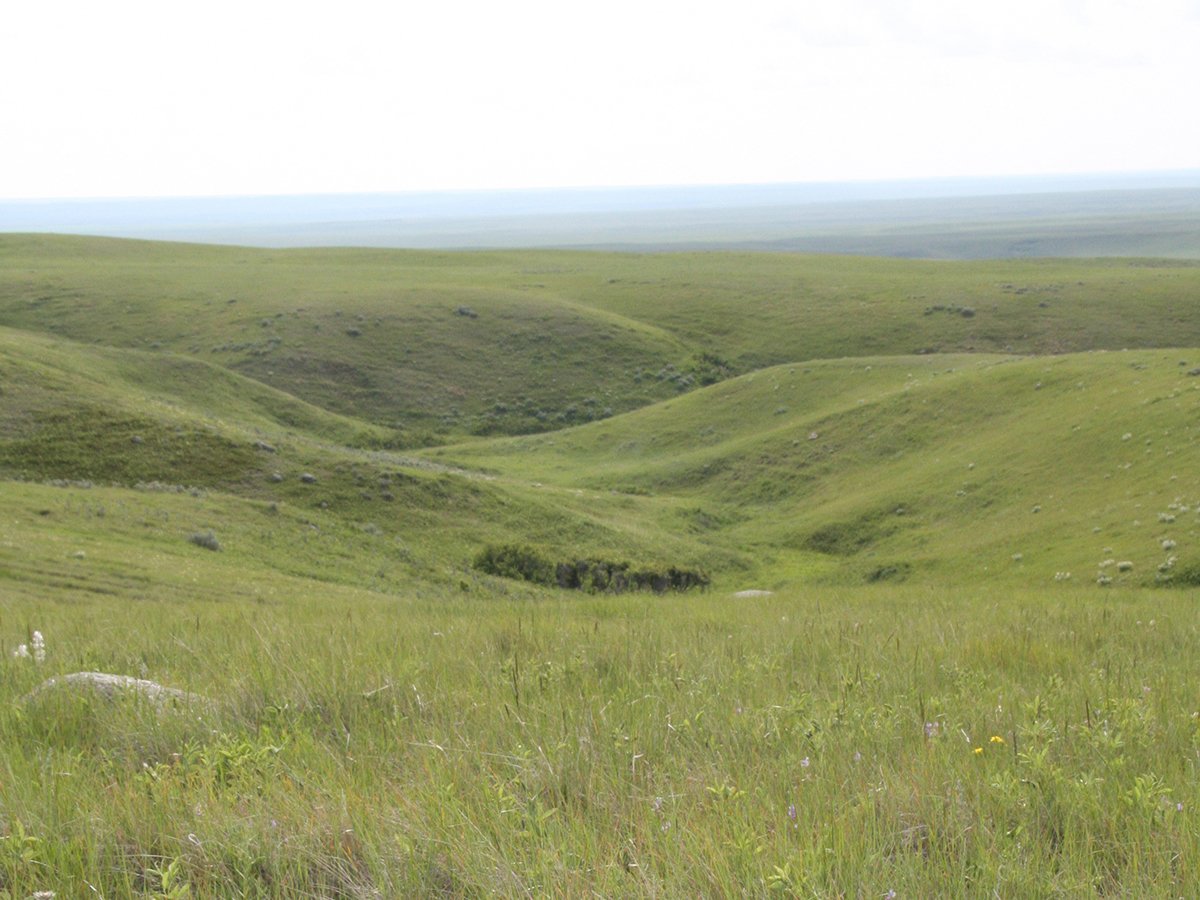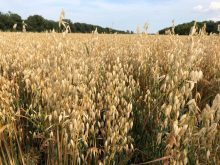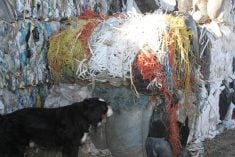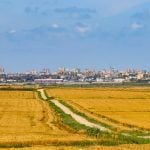The Municipal District of Taber has passed by the slimmest of margins a motion to proceed with a joint venture with the Bow River Irrigation District to convert grasslands to irrigated cropland.
The land comprises 4.2 per cent of the native grasslands under the MD’s control.
Council was split 4-3 in favour of the Scope Reservoir Joint Venture Agreement with the BRID, despite legal action and sanctions threatened by provincial conservation and leaseholder groups.
Read Also
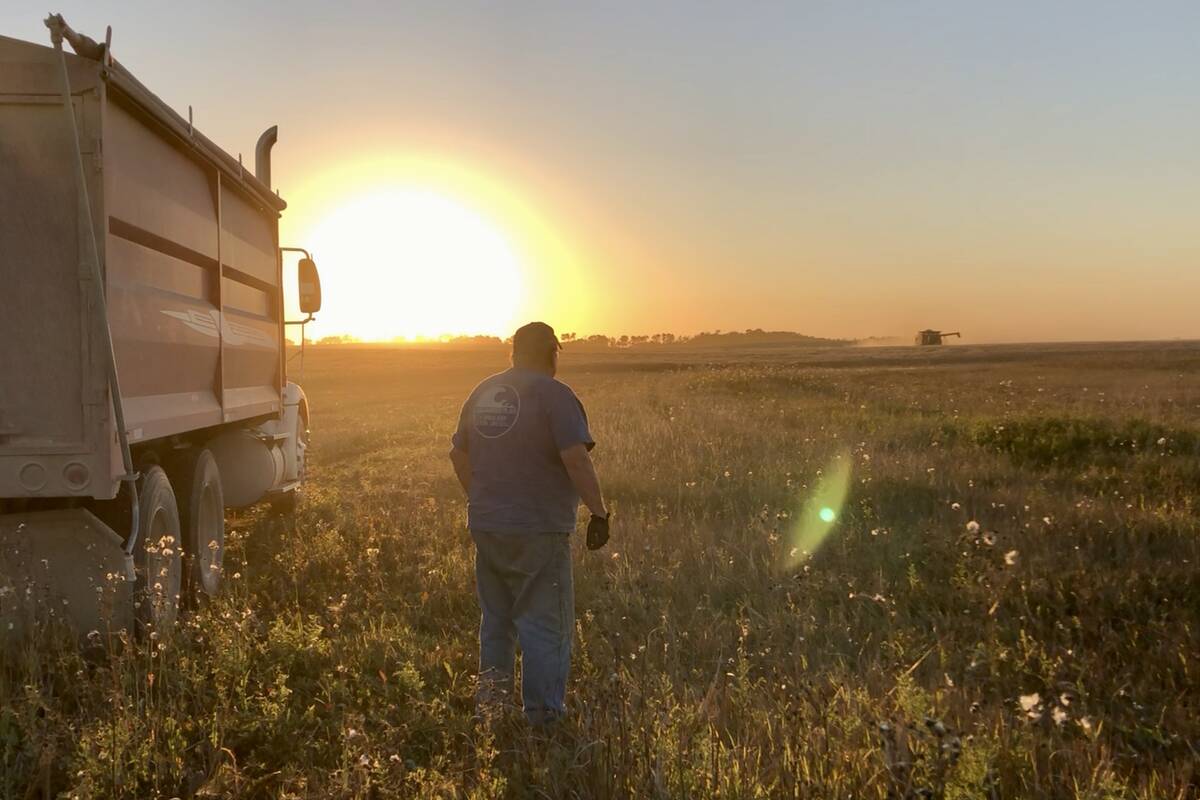
VIDEO: Bittersweet harvest for this family farmhand
Bruce Burnett helps his brother harvest wheat and canola for the last time on the family farm in Manitoba where they both grew up.
Grazing lease changes and the project in question have dragged on for two years as the municipality debates the contentious issue of ranching and land conservation versus high-value crop production.
The move, which was approved late last month, will affect 24 quarter sections (3,100 acres), coming in at an estimated $6 million cost to the MD. The project will use excess spillage water from the BRID downstream, generating revenue through auctions to turn the grassland into irrigated farmland.
“We currently receive $266 a year in rental income off of these lands,” said John Turcato, a councillor who voted in favour of the project.
“What we’re looking at here is if you use the middle (estimated) ground, that would be $600 an acre, $936,000 annually as a rental return.”
The grazing leases in question are set to expire and will not be renewed.
“Just as important to understand, this is deeded land,” Turcato said.
“If environmental groups and whoever’s opposing this is successful in stopping this, it’s a real concern for property rights for everyone.”
Councillors who voted against the project were not opposed to the project but how quickly it was approved.
Some thought the agreement should be vetted in accordance with the South Saskatchewan Regional Plan for species at risk and grassland conservation.
Representatives from the Alberta Wilderness Association, the Southern Alberta Group for Environment and the Oldman Lease Holders Association all voiced their concerns about the project in council chambers the same day the resolution was passed, with suggestions of possible provincial sanctions or lawsuits.
The water allocation is considered excess water that would otherwise be spilled or unused. Turcato quoted 20 years of data from the BRID that found 6,000 to 10,000 acre feet of water goes unused annually.
“This is an opportunity that the MD of Taber residents aren’t going to be purchasing the water rights. BRID has data that they said this land, this water is spilled, and it provides us an opportunity to make that land more productive,” said MD reeve Tamara Miyanaga.
“Whether it stays in grass and it’s watered, there’s other options. It doesn’t eliminate the option to have cow/calf there. It won’t be convenient for row crop, but there are options. I feel if we don’t move forward with this project this time, we’re not just leaving millions on the table; it will be a much higher number.”



